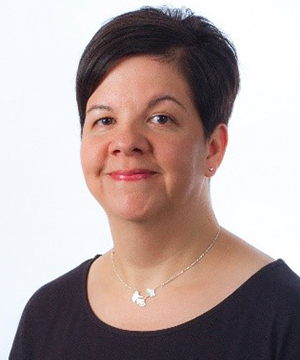Indigenous communities and Western researchers collaborating to develop innovative treatments
A shared service model developed by Nipissing First Nation could benefit scientific knowledge and other Canadian Indigenous communities

Dr. Cindy Peltier
Chair in Indigenous Education
Schulich School of Education at Nipissing University
In 2015, the Truth and Reconciliation Commission of Canada recommended improvements to the health of Indigenous Peoples that included providing better care and encouraging Western researchers to embrace traditional Indigenous knowledge. This call for action is now creating a generation of Indigenous health researchers who are showing how Indigenous Peoples’ conceptions of wellness can improve care.
Wiidooktaadyang is an Anishinaabe term meaning “helping each other” that inspired a model of care among family, friends, and neighbours in the Nipissing First Nation community thousands of years ago. Through conversations with Indigenous leaders, Elders and other members of Nipissing First Nation, Dr. Peltier is examining the potential benefits of this shared knowledge with Western researchers thanks to her CIHR-funded Indigenous Approaches to Wellness Research project. Working with an Indigenous community-led Advisory Committee, Dr. Peltier’s team will seek to demonstrate how this approach can also serve as a multi-sectoral model for all Canadian Indigenous communities.
“I appreciate how CIHR has supported my work to promote the benefits of collaboration. By using Wiidooktaadyang, Western researchers can benefit from teamwork with Indigenous Peoples that leads to innovative and culturally safe care.”
- Date modified: